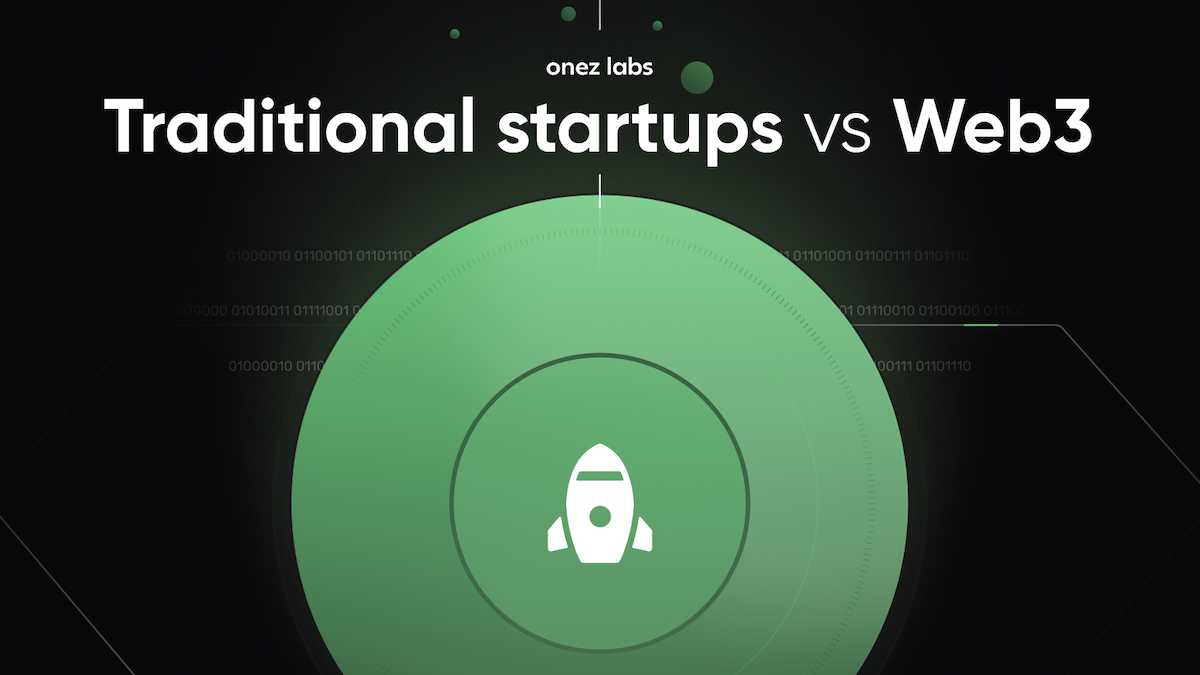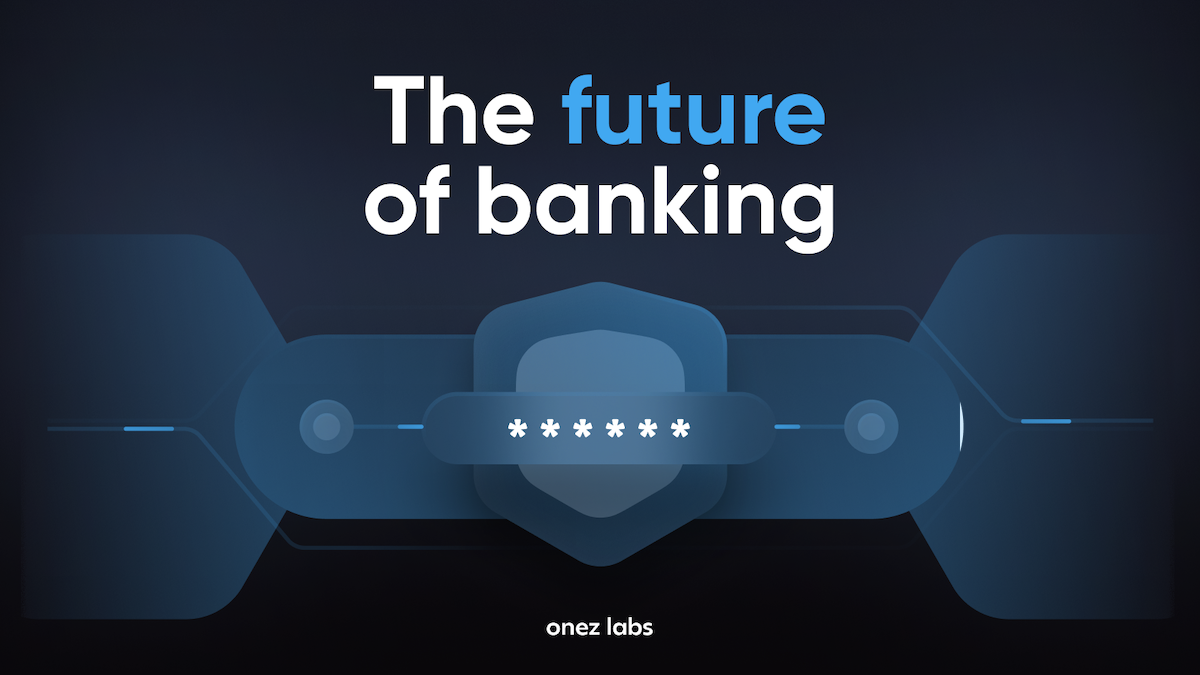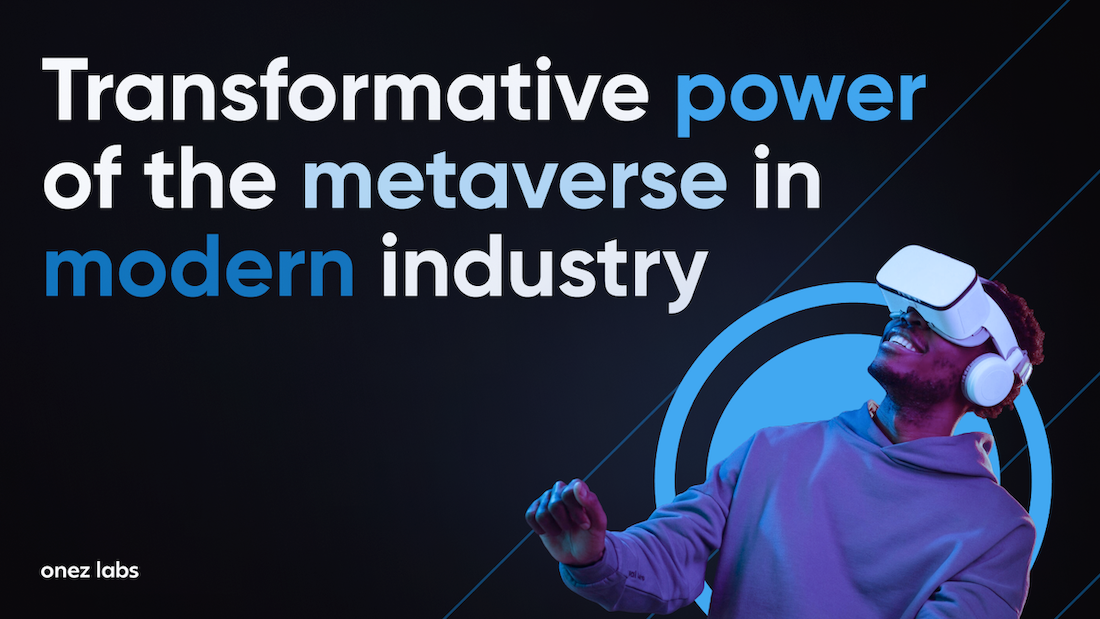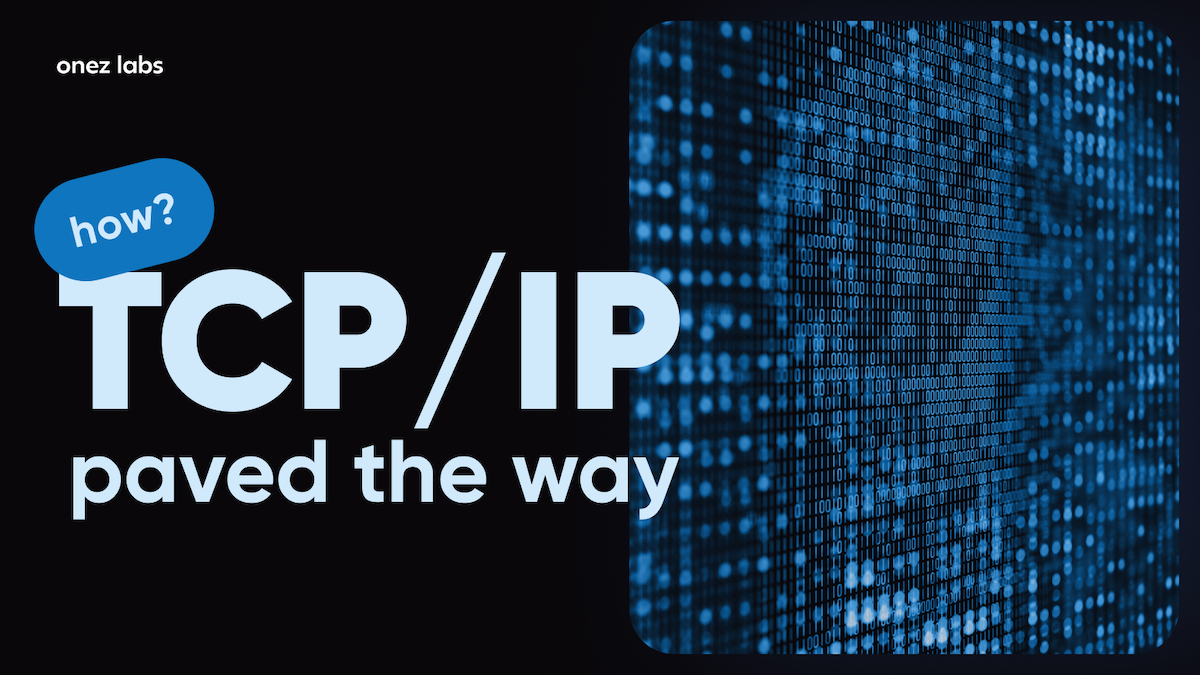Table of Contents
- Traditional startups vs Web3: Key differences and opportunities
- Key differences between traditional and Web3 startups
- Challenges unique to Web3 startups
- Opportunities for Web3 startups
- Conclusion
- FAQ: Web3 vs Traditional startups
Traditional startups vs Web3: Key differences and opportunities
What sets Web3 startups apart from traditional ones, and why should entrepreneurs pay close attention to these differences?
While traditional startups have long relied on centralized structures and equity-based funding, Web3 startups introduce entirely new paradigms driven by decentralization, blockchain technology, and token-based economies.
These differences are more than theoretical—they impact everything from ownership and governance to how businesses attract users and grow. For entrepreneurs, grasping these contrasts can mean the difference between navigating the Web3 ecosystem successfully or being left behind. As community-driven startups and blockchain developer networks continue to reshape industries, learning what sets Web3 startups apart will equip founders with the tools to leverage these groundbreaking opportunities effectively.
Whether you’re building a new project or scaling an existing one, understanding these key distinctions is your first step to success.
Key differences between traditional and Web3 startups
Ownership and governance
Traditional startups typically operate with centralized ownership and decision-making. Founders, executives, and investors hold the authority to guide the company’s direction. This top-down approach provides efficiency but limits stakeholder involvement.
In contrast, blockchain-based startups leverage decentralization through mechanisms like DAOs (Decentralized Autonomous Organizations). Here, governance is distributed among token holders, allowing them to vote on decisions and shape the project’s trajectory. This participatory model aligns incentives between the startup and its users, fostering transparency and inclusivity.
Example: A notable example of a Web3 startup utilizing a Decentralized Autonomous Organization (DAO) for governance is Syndicate DAO. This platform enables investors to form decentralized investment clubs, pooling funds to invest in various projects. By leveraging a DAO structure, Syndicate democratizes investment decisions, allowing community members to actively participate in funding allocations and project selections
Monetization Models
Traditional startups monetize through models like equity, SaaS subscriptions, or product sales. Investors receive equity shares, which represent ownership and potential profits when the company scales.
Web3 startups, however, embrace tokenomics vs equity as their primary monetization strategy. Tokens serve as both a utility within the ecosystem and a means of generating capital. Users can earn rewards through staking or interact with NFTs, which offer ownership of digital assets. These models enable faster liquidity and a more direct connection between users and the project.
Note: Web3 startup accelerators like Onez Labs help projects design effective tokenomics models and build engaged communities to drive growth.
Community-centric approach
Customer relationship management (CRM) is the backbone of traditional startups, focusing on retention through loyalty programs and personalized outreach.
Community-driven startups in Web3 operate differently. Platforms like Discord, Telegram, and Twitter are essential for fostering direct communication with users. Communities are not just consumers; they are stakeholders and ambassadors. This approach creates a strong emotional connection and drives organic growth.
Comparison: While traditional startups market to customers, Web3 startups actively involve them in development and governance.
Developer ecosystems
Traditional startups often rely on proprietary software and in-house development teams. This closed model allows control but limits collaboration and innovation.
Web3 startups thrive on blockchain developer networks and open-source contributions. Developers worldwide collaborate on projects, creating ecosystems of innovation around protocols and smart contracts and dApps. This open structure accelerates technological advancements and ensures transparency in the development process.
Key Insight: The strength of a Web3 project often depends on the vibrancy of its developer community.
Web3 startups redefine traditional business norms by decentralizing ownership, embracing community-led growth, and innovating through tokenomics. Understanding these distinctions allows entrepreneurs to better navigate the unique opportunities and challenges of the Web3 ecosystem.
Challenges unique to Web3 startups
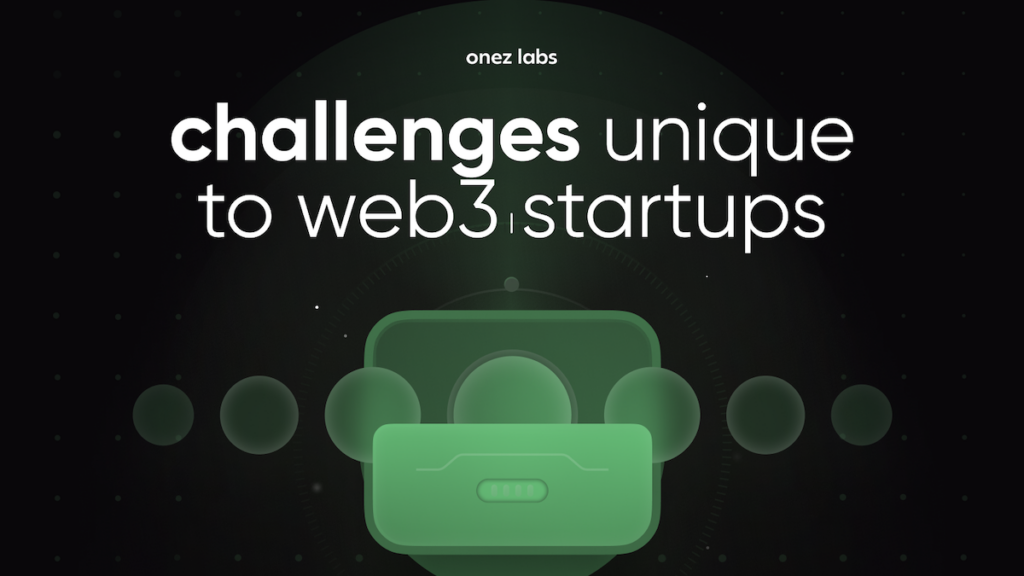
Web3 startups face several distinct challenges that require careful navigation to ensure success:
1.Regulatory Uncertainty
- Web3 startups must operate in a fragmented legal environment with evolving laws surrounding token offerings, securities classifications, and global jurisdictions.
- The lack of clear guidelines increases risks related to compliance, fines, and even project shutdowns.
- Staying proactive in understanding and addressing regulation in cryptocurrency startups is essential.
2.Educating users
- Many users are unfamiliar with blockchain concepts such as wallets, gas fees, staking, and smart contracts.
- Complex onboarding processes can discourage adoption, especially when targeting mainstream audiences.
- Web3 startups need to simplify education and build trust through clear, user-friendly explanations.
3.Blockchain scalability
- Current blockchain networks often struggle to handle high transaction volumes, leading to issues like network congestion and high fees.
- Exploring solutions like Layer 2 scaling or alternative blockchains adds complexity but is necessary to address scalability in blockchain.
Opportunities for Web3 startups
Web3 startups are uniquely positioned to leverage opportunities that traditional businesses cannot easily replicate. These advantages provide a competitive edge in the rapidly evolving tech landscape:
Global reach
- As blockchain-driven businesses, Web3 startups operate on decentralized networks that transcend borders.
- This allows them to attract users, developers, and investors from around the world without the limitations of traditional infrastructure or regional regulations.
Community ownership
- Unlike traditional startups, decentralized organizations empower their communities through token-based ownership models.
- This creates a symbiotic relationship where users have a stake in the project’s success, driving loyalty, advocacy, and organic growth.
Early-mover advantage
- The Web3 ecosystem is still in its early stages, offering immense potential for innovation and market leadership.
- Startups entering now can establish themselves as pioneers in emerging sectors such as DeFi, NFTs, or decentralized identity.
By capitalizing on these opportunities, Web3 startups can build scalable, sustainable models that redefine how businesses interact with users and the global economy. With the right strategy, these ventures can thrive as leaders in the decentralized future.
Conclusion
While Web3 startups share some foundational similarities with traditional startups, such as their goal-oriented nature and focus on solving user problems, their approach to governance, monetization, and community engagement sets them apart. Traditional startups rely on centralized ownership, equity-based funding, and CRM-driven growth. In contrast, Web3 startups embrace decentralization, leveraging tokenomics, DAOs, and community-driven models to build more inclusive ecosystems.
These differences not only redefine how businesses operate but also create exciting opportunities. By tapping into global networks, fostering community ownership, and innovating in emerging markets, Web3 startups have the potential to revolutionize industries.
For entrepreneurs looking to navigate this space successfully, accelerators like Onez Labs provide the expertise and resources needed to design effective tokenomics models, build engaged communities, and scale blockchain-driven businesses.
FAQ: Web3 vs Traditional startups
1. What is the main difference between Web3 startups and traditional startups?
The main difference lies in ownership and governance. Traditional startups are typically centralized, with decisions made by founders and investors. Web3 startups, on the other hand, are often decentralized, using DAOs (Decentralized Autonomous Organizations) to give token holders a say in decision-making.
2. How do Web3 startups generate revenue?
Web3 startups use tokenomics, where tokens are used as both a utility and a funding mechanism. Revenue can also come from staking, NFT sales, DeFi applications, or transaction fees. This is different from traditional startups, which primarily rely on product sales, subscriptions, or advertising revenue.
3. What makes community building so important in Web3 startups?
Web3 startups prioritize community building because communities often act as stakeholders in the project’s success. Platforms like Discord and Telegram help engage users who contribute to growth, feedback, and governance, creating a loyal and participatory user base.
4. What are the unique challenges faced by Web3 startups?
Some unique challenges include:
- Regulatory Uncertainty: Navigating unclear global laws related to token offerings and securities.
- User Education: Explaining complex concepts like wallets, gas fees, and staking.
- Blockchain Scalability: Overcoming network congestion and high transaction fees.
5. What opportunities do Web3 startups have that traditional startups don’t?
Web3 startups benefit from:
- Global Reach: Borderless operations on blockchain networks.
- Community Ownership: Token-based models align user incentives with the project’s success.
- Early-Mover Advantage: Innovations in emerging sectors like DeFi, NFTs, and DAOs.
